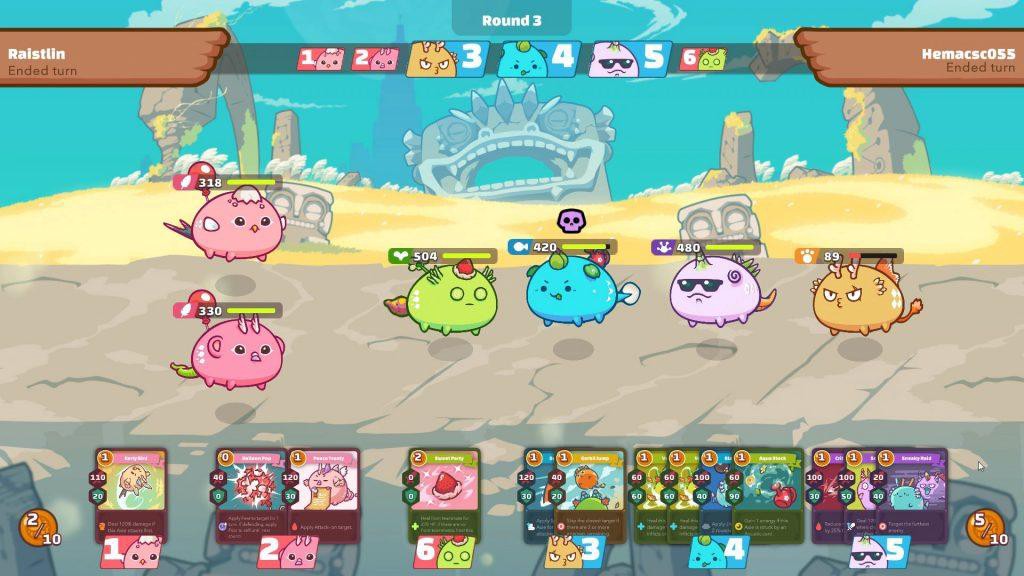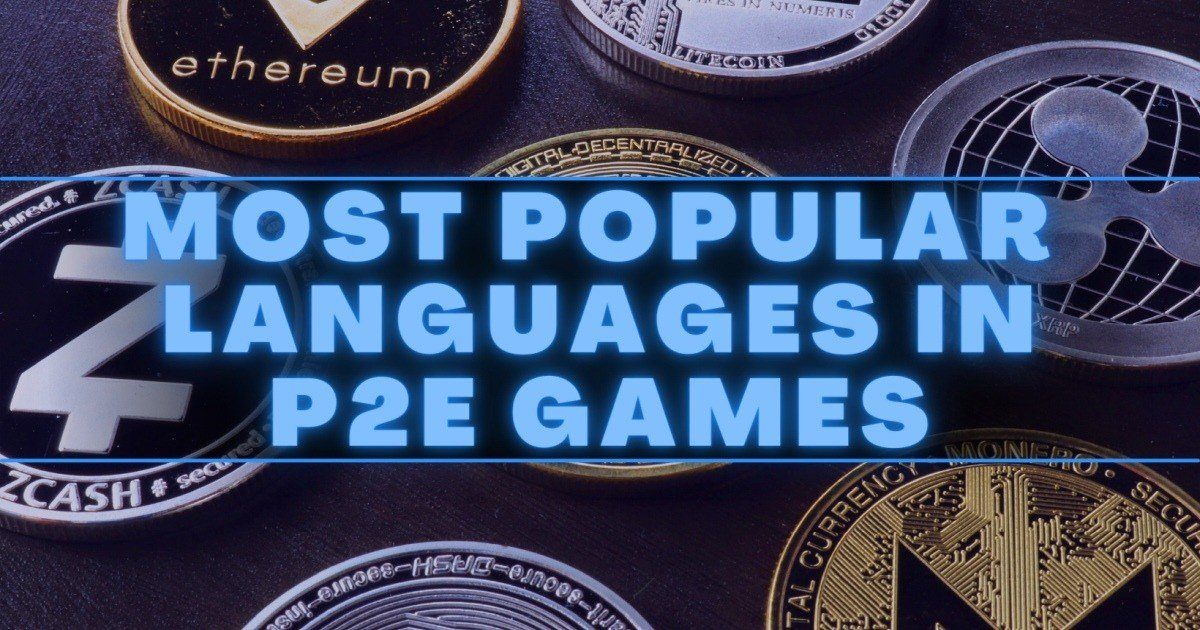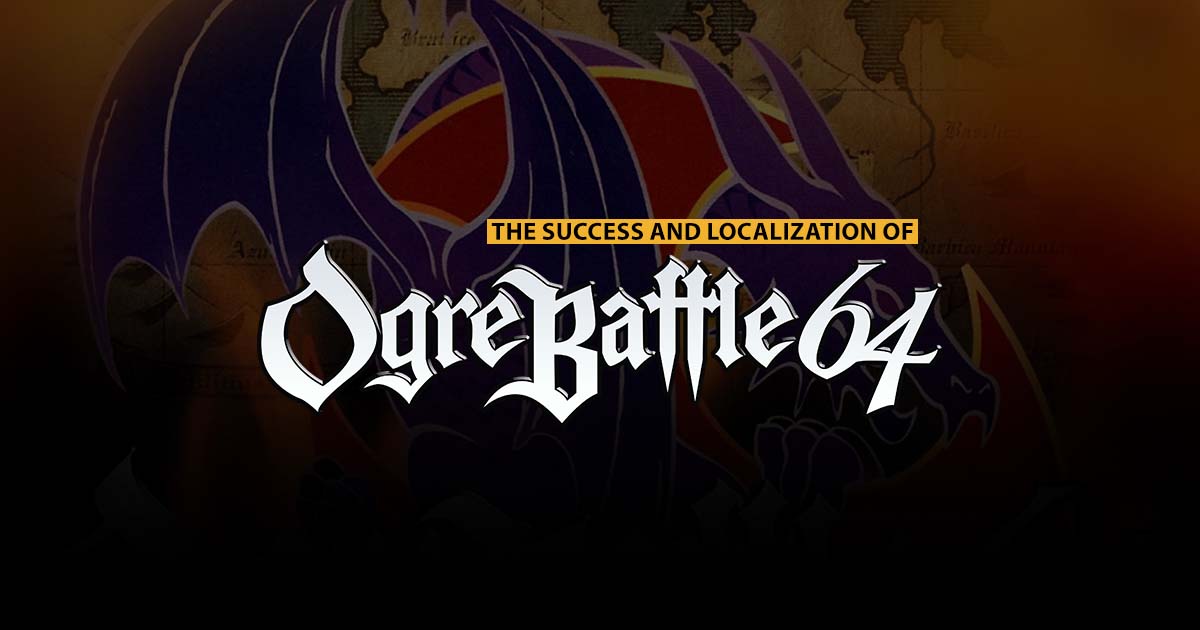What Languages Should I Localize my Web3 Game Into?

Lost in translation: 6 times localization errors became a meme
06/06/2022
What is Culturalization, and Why does it Matter for Your Video Game Sales?
06/28/2022As we enter the web3 age, metaverses and blockchain-powered projects are becoming increasingly popular. Among those projects, of course, there are video games that use NFT and cryptocurrencies to allow for a play-to-earn (P2E) experience. If these are not just buzzwords to you and you are working on a web3 game, then you should carefully consider what languages to localize your project into, as your target markets will be very different from those of mainstream games.
We spent some time analyzing the communities of some of the most popular blockchain games, such as Axie Infinity, Skyweaver, Splinterlands, Gods Unchained and DeFi Kingdoms, and here is our list of the most popular languages among their users.
Vietnamese
Axie Infinity, arguably the most popular play-to-earn to this day, has been developed by the Vietnamese studio Sky Mavis, and is enjoying immense popularity in its home country. Subsequently, a huge community of NFT enthusiasts formed in the country, making it a desirable market for anyone looking into producing NFT games.

Malaysian
Generally speaking, South East Asia is a huge hotspot for NFT artists and game creators. While English is widely spoken in Malaysia, having your game translated into the Malaysian language will help reach out to not only the chunk of non-English speakers, but also the large Malay-speaking communities living in Indonesia and Singapore.
Thai
In 2021, the Miss Universe Thailand pageant partnered with a local cryptocurrency exchange to make NFTs part of the event. This brought mainstream attention to the NFT market, and it is reflected by the countless Thai-speaking users in the P2E gaming scene.
Russian
Inhabitants of Russian-speaking countries have always shown a strong interest in the crypto space. While they seem more interested in cryptocurrencies than NFTs, the overall interest of the CIS countries is rapidly shifting and every P2E community we explored included large groups of Russian-speaking people.

Chinese
While the Chinese government banned cryptocurrencies, the Chinese blockchain community still thrives. As they often do with banned things, developers found a way to work around official restrictions – in the case of NFTs, by using semantics. While cryptocurriencies are commonly referred to as “tokens,” NFTs are called “digital collectibles” in the Chinese blockchain community. This change in name allows them to survive in a gray area. Whether or not NFT will eventually be banned, it is clear that many people from China love them.
Arabic
The United Arab Emirates is diversifying its economy by investing in crypto, creating favorable conditions for web3 entrepreneurs. They’ve invested so much, that KIKLABB, a major government-owned licensing firm, is now accepting payments in crypto. In addition, the national airline Emirates launched its own NFT collection. These developments pave the way for widespread interest among the Arabic-speaking world.
If you are looking for a localization partner for your P2E project, GameScribes can support you. Reach out to our representatives for a free quote.






